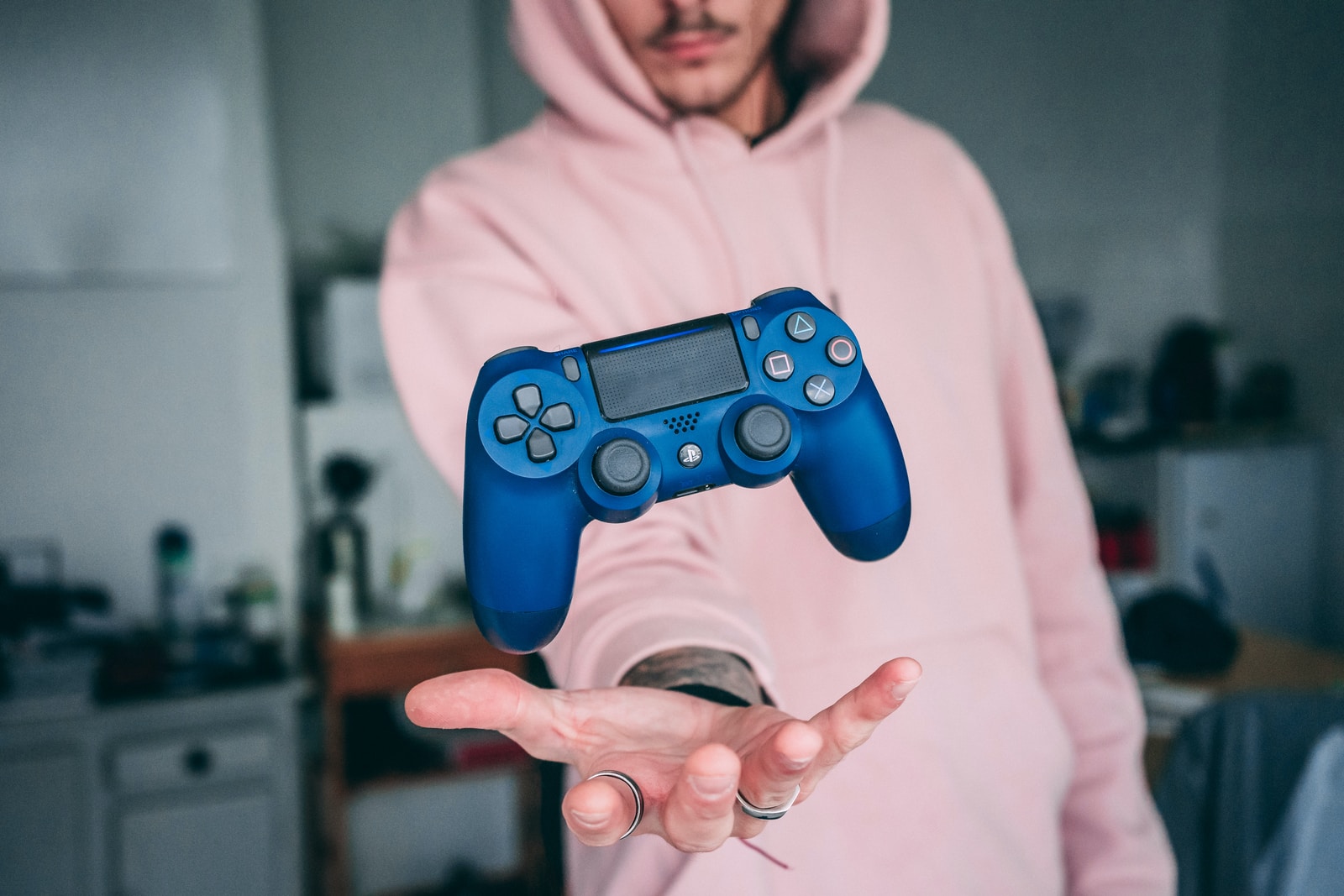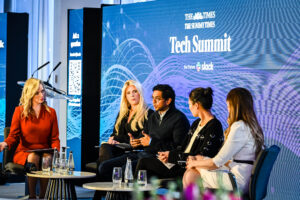Since they launched in November 2020, the latest generation of games consoles have already racked up millions of shipments.
But sales is not the only gaming revenue stream.
Advertising has been making in-roads to games for years, and now the opportunity is reaching fever-pitch.
One agency who have placed themselves at the forefront of this new era of mainstream gaming is Dentsu who recently announced a specialist division called DGame. The aim of DGame is to help brands engage with the fast-growing gaming audience.
With a global gaming audience of around 2 billion people this seems like a pretty sensible idea.
Gamers love connection
When we talk about gamers the idea of a teenager sitting alone in a dark room with the curtains drawn is an outdated concept.
In reality, gaming is more social than it ever was, as online platforms have become a new way to connect with like-minded friends.
One in 3 gamers say “having fun with the people they know” is the main reason they play, while 34% of hardcore gamers say they prefer friends they’ve met online compared to those they know in real life.
This year has shown more than ever the value in being able to connect virtually with friends and emphasises the importance of gaming for helping people to connect and escape from the struggles of lockdown.
This idea of connecting with others helps explain the success of platforms like Twitch which generated over $1.5billion in revenue last year alone. Communities like Twitch have not only helped some young gamers become very rich people but redefined what gaming is all about.
The new sports-casting
With thousands of hours of user-generated content, gaming is now as much about broadcasting as it is about hardware and game releases. In the last month, 2 in 10 internet users watched a live gaming stream, rising to 1 in 3 among gamers.
Adopting this concept of broadcasting is esports, which are more popular than ever before with 4 in 10 gamers reporting interest in them.
FIFA pulled in some of the Premier League’s biggest names who swapped their boots for consoles when lockdown hit helping make this space appeal to the mainstream.
Outside organised esport events, the trend in gamers simply broadcasting themselves playing has exploded, with live-streaming on Twitch, YouTube and FB growing exponentially and huge creator-owned gaming communities around popular franchises like FIFA, COD, League Of Legends, Destiny2 and Rocket League now exist.
An appealing demographic
For brands, tapping into these online communities is a great way to reach a very valuable audience.
Core gamers are twice as likely to earn over £35k a year and over index across a number of sectors from being in the property market to regular holiday goers.
Being a typically younger audience also means brands can start building a relationship with these audiences earlier in life to reap the benefits long term.
One of the best examples of a brand who has done this effectively are Burger King who sponsored Stevenage Town FC.
Burger King and beyond
You might question why a global fast food giant would want to sponsor a league two team who average less than 3,000 fans a game.
The answer lies in the fact that Stevenage Town appears on FIFA, which is played by millions of people worldwide.
Burger King used their media channels to encourage fans to play as Stevenage in exchange for prizes, making the little League Two minnows one of the most played teams on FIFA across the world.
An elegant example of how a mainstream brand was able to bring the real and virtual sports worlds together to reach millions of fans efficiently.
Gaming is indeed entering a new era with a huge, valuable audience who want to connect as well as play. Advertisers recognise this, but are still treading carefully; it is largely uncharted territory and no community likes to feel they are being obviously sold to, or exploited, and self-identifying ‘Gamers’ can be a notoriously prickly and unpredictable consumer group.



 News UK
News UK 






